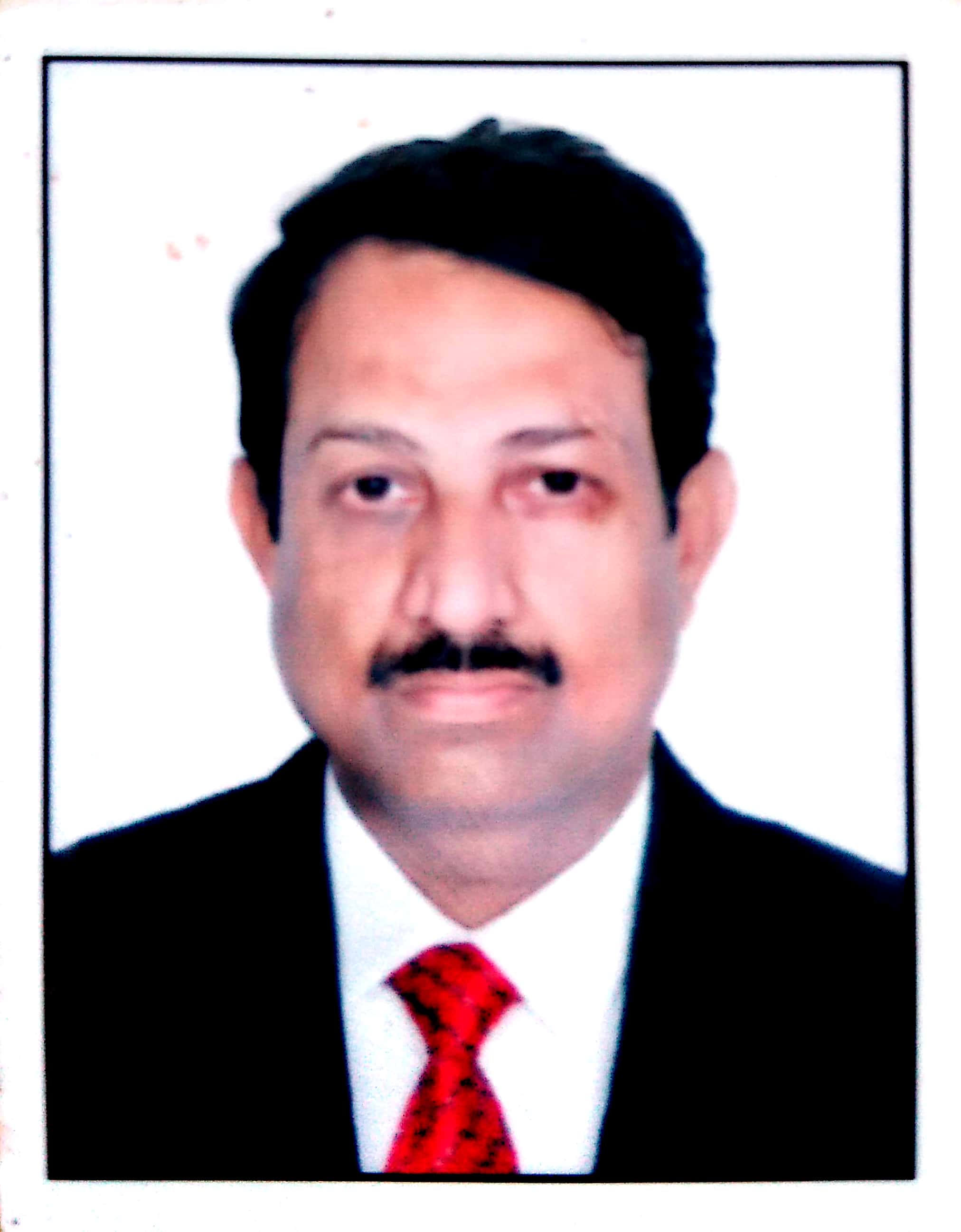Tele-Communication and Engineering

Introduction
Dr. K B SHIVAKUMAR Professor & Head
Communication has turned all our dreams in to reality. It has reduced the world in to global village. To keep in pace with the progress in the field of Telecommunication, this department was introduced in the year 1991.
The branch host”s highly qualified staff and Instructors who are well versed in their respective fields. Two students of this department have secured university ranks in recent years.The department, where technologies takes a new meaning, imparts knowledge, strong basic skills, creativity with Human values.
Vision
- To Produce quality technocrats with human values, with emphasis on the social needs and professional ethics in the domain of Telecommunication Engineering
Mission
- To provide academic environment
- Exposure to modern communication processes
- Minimize the impact on environment
- To be Ethically and socially Responsible
- Inculcate self-learning capabilities and prepare for pursuing higher education
Program Educational Objectives
- Provide strong basics in the field of Telecommunication Engineering.
- Design, Develop and Analyze the solutions using suitable mathematical models and implement them using both software and hardware engineering practices.
- Instill Professional Ethics, Teamwork, Managerial skills and continuous learning capabilities to generate new knowledge.
- Develop skills in Telecommunication related technologies and knowledge based systems to build solutions that cater the needs of industries and the societal problems or to become entrepreneur.
Program Outcomes
- An ability to apply knowledge of mathematics, science, and engineering
The TCE programs demonstrate that their students attain the following outcomes:














